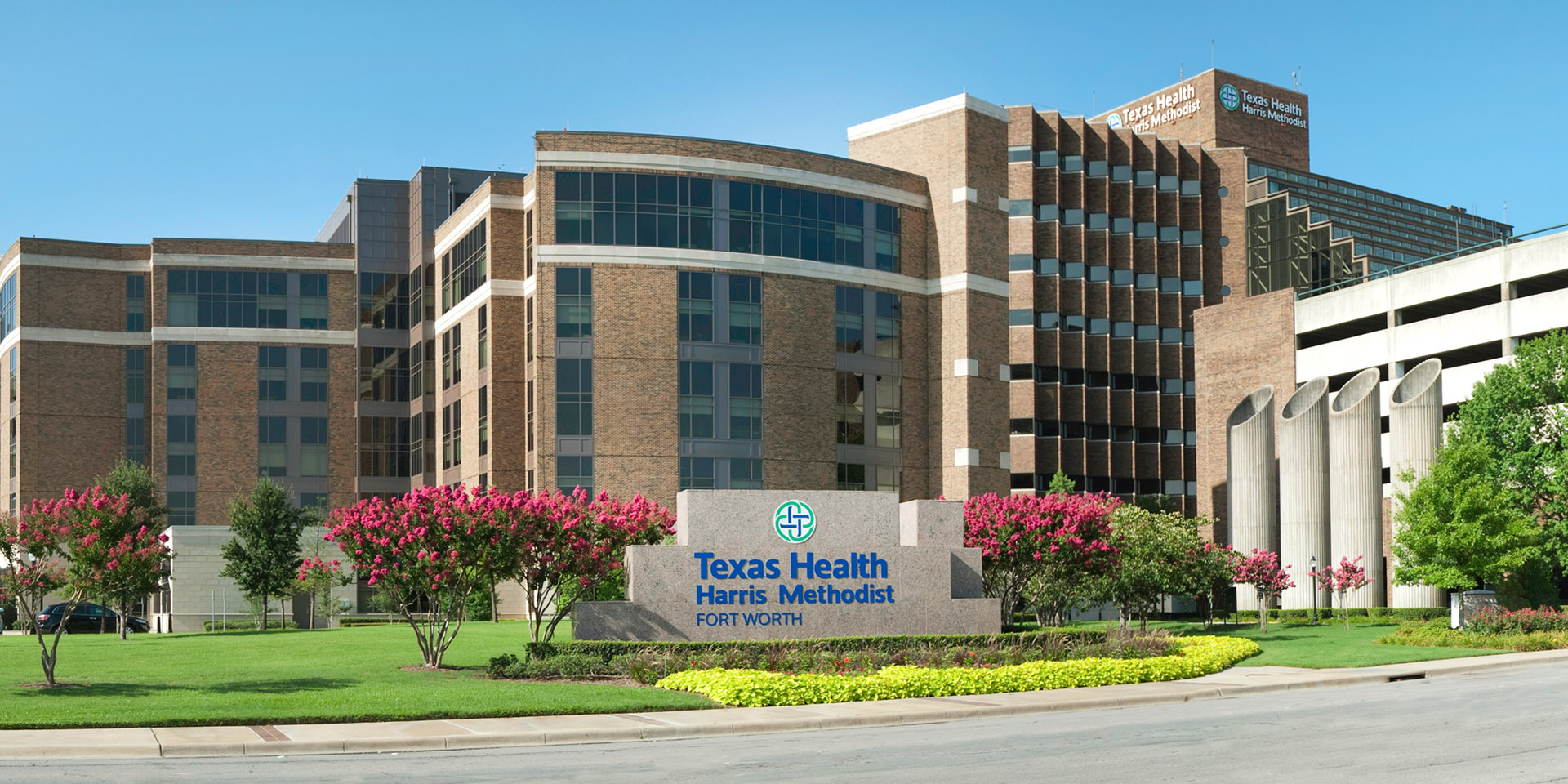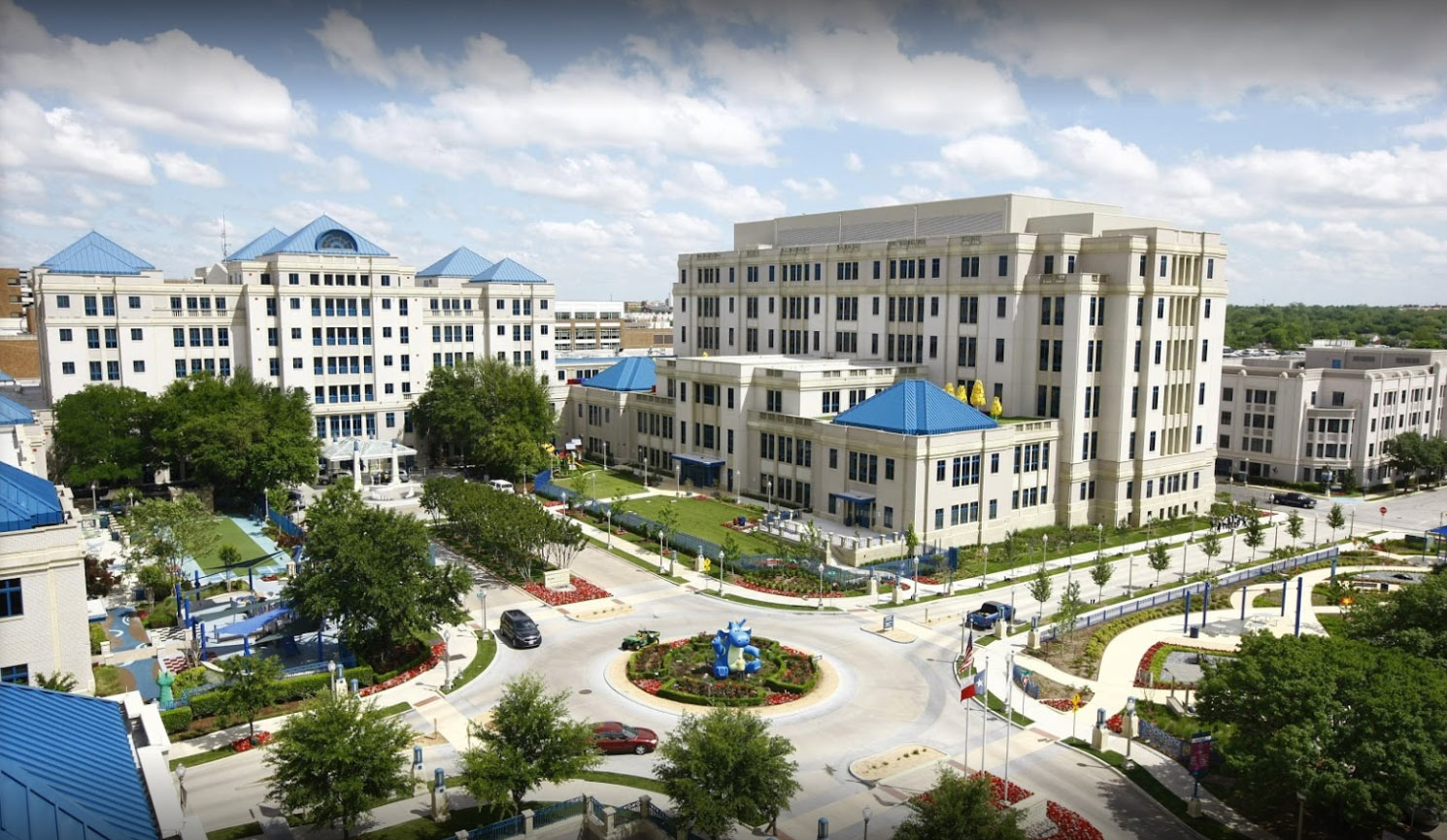Program Structure
Our program will provide a broad surgical education by integrating various operative experiences, structured didactic sessions, and mentoring by skilled faculty. Clinical experiences add greatly to a resident's medical knowledge, diagnostic ability, and surgical confidence. These experiences include resident training with general surgical conditions related to age, gender, and socioeconomic status. Levels of clinical responsibility and of operative experience gradually increases with each year of training so that the residents develop their technical skills, clinical judgment, and interpersonal skills.
Below is an example of the program’s curriculum. This sample may be adjusted by the Program Director to ensure adequate experience, case log numbers, and ACGME compliance.
-
PGY1
Acute Care Surgery - 3 months
Surgical Intensive Care - 2 months
Plastics-Reconstructive Surgery - 1 month
Colo/rectal Scope clinic - 1 month
Elective General Surgery - 2 months
Breast Surgery - 1 month
Vascular Surgery - 1 month -
PGY2Elective General Surgery - 1 month
Breast Surgery - 1 month
Colo/rectal Scope clinic - 1 month
Acute Care Surgery - 3 months
Vascular Surgery - 1 month
Surgical Intensive Care - 2 months
Plastics-Reconstructive Surgery - 1 month
Research-Pulmonary Nodule - 1 month -
PGY3
Acute Care Surgery - 3 months
Vascular Surgery - 1 month
Pediatric - 1 month
Transplant - 1 month
Surgical Intensive Care -1 month
CT Surgery-Pulmonary Nodule - 1 month
Breast Surgery - 1 month
Colo/rectal Scope clinic - 1 month
Plastics-Reconstructive Surgery - 1 month
Elective General Surgery - 1 month -
PGY4
Colo/rectal Scope clinic - 2 months
Acute Care Surgery - 4 months
Surgical Intensive Care -1 month
Transplant -1 month
Pediatric -1 month
Vascular Surgery -1 month
CT Surgery -1 month
Elective General Surgery - 1 month
Conferences / Didactics
Grand Rounds – Monthly
A vital component of didactic education in residency training, quarterly grand rounds provide review and discussion of current clinical problems in medicine by focusing on current or complex cases. Grand Rounds demonstrates best practices in the analysis and treatment of difficult clinical problems and disseminates new research information.
Basic Science Conferences - Weekly
Weekly basic science conferences will feature experts from the basic science departments discussing topics in surgery that will merge the knowledge of basic science with clinical practice as cases progress in level of difficulty.
Clinical Conferences - Weekly
Weekly clinical conferences will review a specific case that matches the topic discussed during the basic science conference.
Morbidity and Mortality - Weekly
Weekly M&M conferences will provide residents education on quality improvement initiatives, how to begin them and how to lead these important initiatives. This will be achieved by the comprehensive identification of complications within the cases reviewed, a standardized case presentation that explores ways to improve care while also highlighting clinical learning points, and a focus on converting what is learned from conference discussion into meaningful Quality Improvement projects.
Journal Club – Monthly
Quarterly journal clubs will allow residents to critically evaluate articles in medical literature that will help improve residents’ skills in medical knowledge and surgical practice.
Skills / Simulation Lab
As a critical part to a surgical residency training program, residents will have access to the Amon G. Carter Medical Simulation Training Center at Texas Health Fort Worth beginning in PGY1 through PGY5. The simulation/skills center is specifically designed for navigating transitions of care, and is equipped with an ambulance, an emergency/trauma room, operating/interventional room, and modifiable intensive care room. Available resources include an array of high-fidelity manikins, task simulators, an advanced audio-visual capture and play-back system, and meeting rooms. It is also staffed by clinicians and educators who are dedicated to ensuring high quality training for residents.
Research Opportunities
All residents in the General Surgery Residency Program are encouraged and supported in the pursuit of scholarly activity, research, and quality improvement. Residents are paired with a faculty mentor for all scholarly activity and quality improvement projects. This mentor is tasked with assisting residents in background research, feasibility, IRB approval, study design, implementation, and analysis.
-
Texas Health Fort Worth
1301 Pennsylvania Avenue
Fort Worth, TX 76104
Texas Health Fort Worth is a 707-bed, acute care hospital with approximately 30, 000 major operations annually. This primary training location has a longstanding history of providing advanced medical care to its community. The community includes residents from 41 zip codes with a population of more than 1.2 million people in four counties. Those communities are expected to grow by another 100,000 people over the next five years. Construction of the new surgical tower is set to complete at the end of 2021 and open in 2022. This new state-of-the-art tower will add 144 patient beds, 15 surgical suites and new pre-operative and post-operative units. This nine-story tower will feature surgical suites designed to accommodate advanced technologies and provide more space for the latest surgical equipment. The layout of patient rooms will bring patients and families close together during recovery. This training site will provide our surgical residents with ample patient volumes and case diversity to meet ACGME requirements for training.
WATCH NOW:
Overview -- Texas Health Harris Methodist Hospital Fort Worth
-
Cook's Children's Medical Center – Pediatrics Rotation
801 Seventh Avenue
Fort Worth, TX 76104
Cook Children’s Medical Center is nationally recognized for its outstanding pediatric care. It is home to top medical minds, advanced technologies and treatments and leading-edge clinical research, all designed to meet the health care needs of children. Residents will spend one month during their third year and one month during their fourth-year training at Cook Children’s Medical Center.

